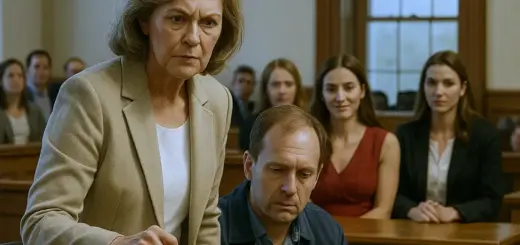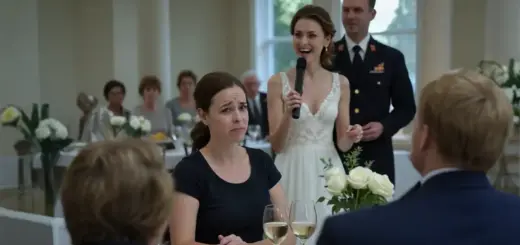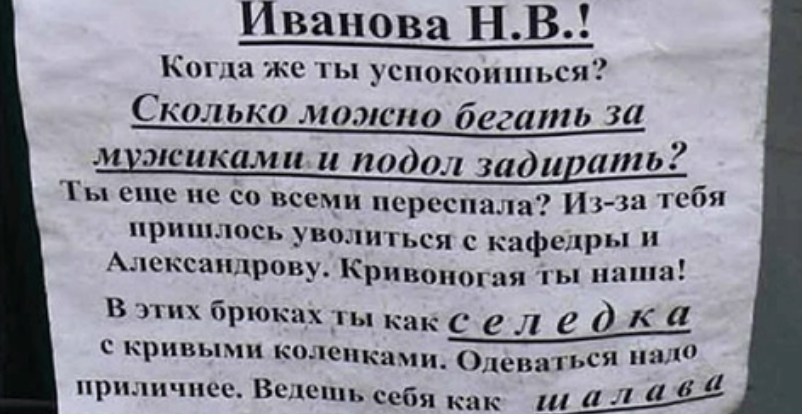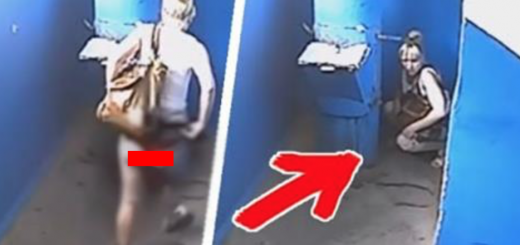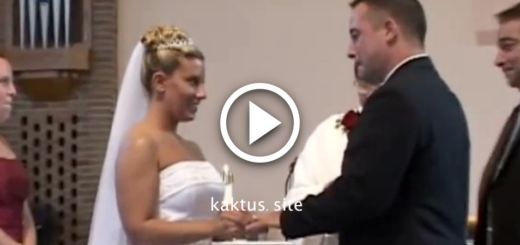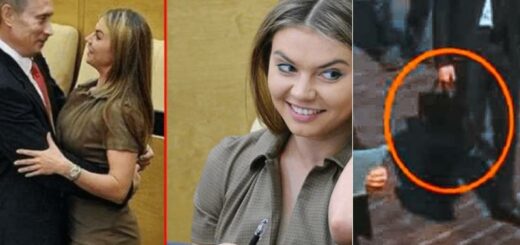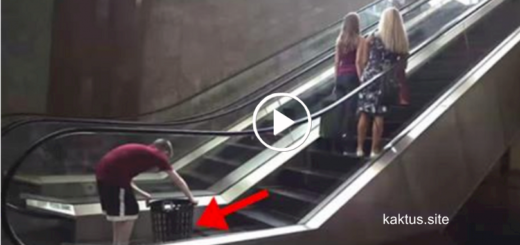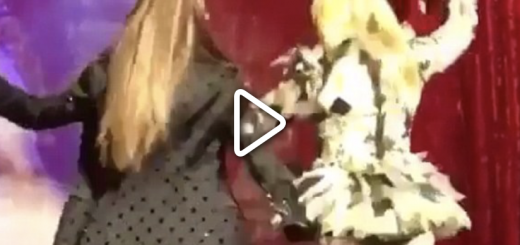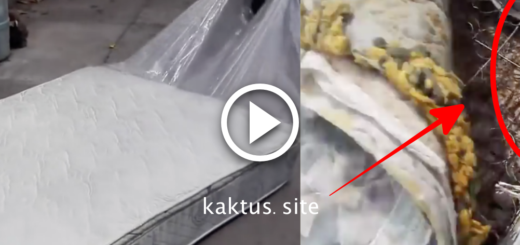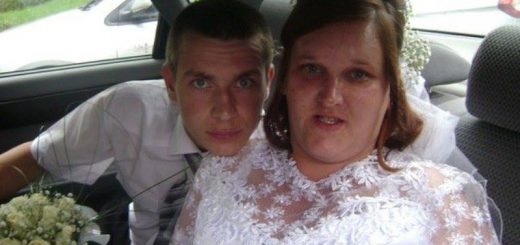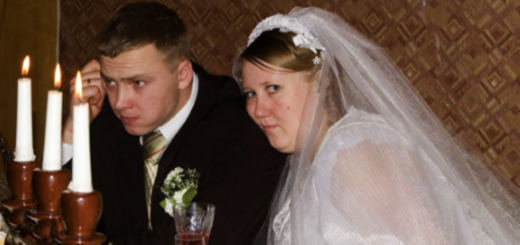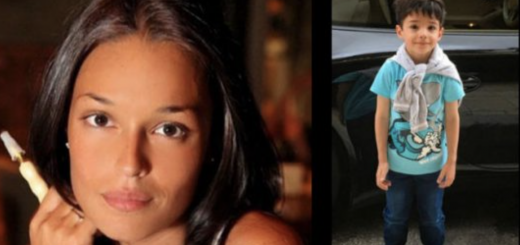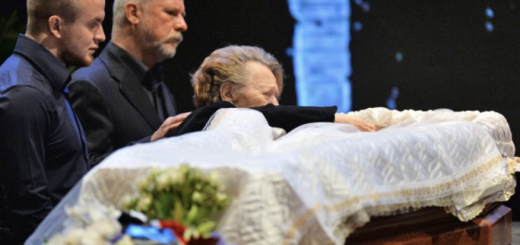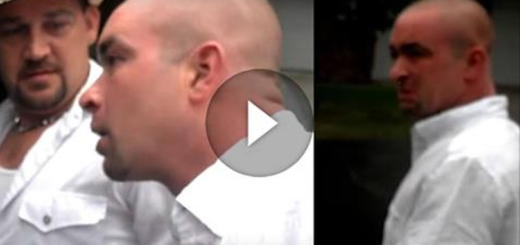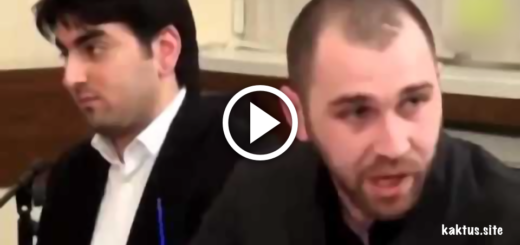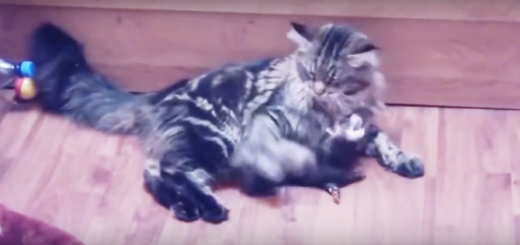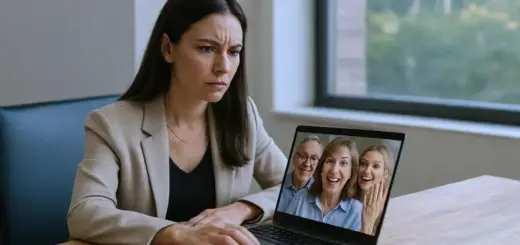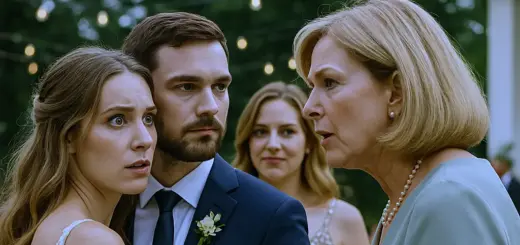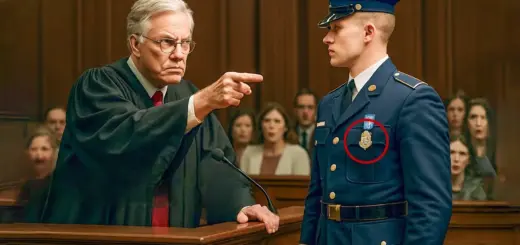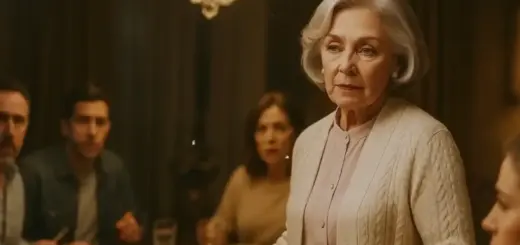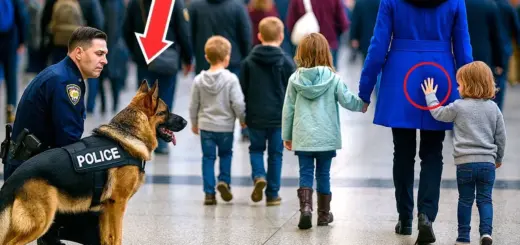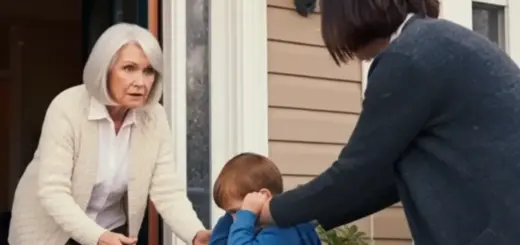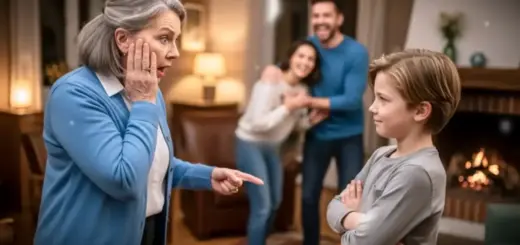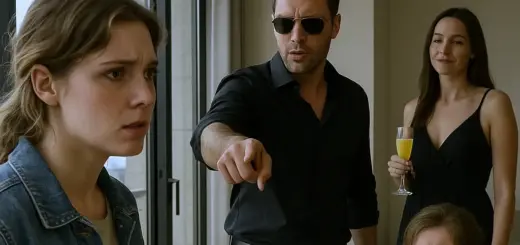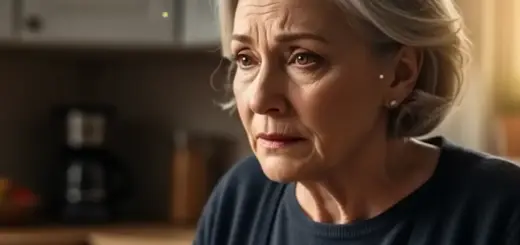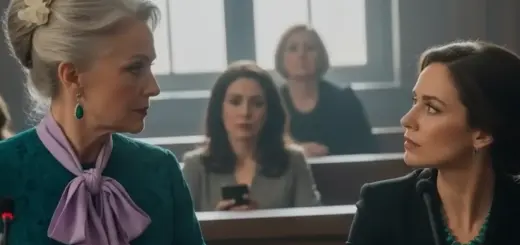One night in February, I brought him tea at 1 in the morning. His room was cold. Three monitors now, all showing different screens of code and documents and data.
«What are you making?» I asked.
He paused, turned to look at me. «Something that will help people know what’s real and what’s fake. What actually happened versus what someone claims happened.»
«That’s really important to you.»
«Yes.»
«Because of your mom?»
He thought about that. «Because people lie. And sometimes you need proof.»
I kissed the top of his head. His hair needed cutting. «Don’t stay up all night,» I said.
«I won’t.»
He did anyway. I’d find him asleep at his desk some mornings, head on his arms, monitors still glowing. I’d put a blanket over him and make breakfast. He’d wake up an hour later and come to the kitchen like nothing had happened.
I was proud of him. Proud of his dedication, his intelligence, his drive to create something meaningful. He’d ask me sometimes to test his programs, «Click this button. Tell me if the colors look right, if the words make sense.»
I didn’t understand what any of it did, but I could tell him if it looked «finished.»
«Does it work?» I’d asked.
«Yes.»
«Then what are you still working on?»
«Making it better. Always better. Always more accurate. Always one more test. One more verification. One more way to prove what was real and what wasn’t.»
I thought it was just a project, something impressive he’d put on college applications someday. I had no idea what he was really building.
What he was building turned out to be something people would pay millions for. Ethan was 15 when he finished it. Spring 2020. Middle of the pandemic. The world locked down and everyone suddenly living online. Ethan barely noticed the difference. He’d been living in his room with his computers for years already.
«I want to show you something,» he said one afternoon in May.
I followed him to his room. Three monitors, all showing different screens. He pulled up a program with a clean, simple interface. Nothing fancy, just boxes and buttons and text.
«This is it,» he said. «The verification system.»
«What does it do?»
He clicked through screens, showing me features I only half understood. «It analyzes documents. Checks if they’ve been altered. When they were created. If the signatures match other known samples. It catches forgeries.»
I watched the program run through a sample document. Numbers appeared. Graphs. Analysis results.
«So if someone fakes a document…»
«This catches it. Yes. The metadata. The digital fingerprints. The patterns. It sees what people can’t.»
«That’s incredible, Ethan.»
He nodded. «I’m going to sell it.»
«To who?»
«Security companies. Fraud prevention. Anyone who needs to verify documents are real.»
He said it so matter-of-factly. Like it was obvious. My 15-year-old son was going to sell software to companies.
«Do you know how to do that?» I asked.
«I’ve been researching.»
Of course he had. He started reaching out to companies that month. Sent emails with professional language I helped him polish, though his direct way of writing was clearer than most business communication I’d seen.
The first sale came in June. A small security firm bought a license for $20,000. I stared at the number on the screen when Ethan showed me.
«$20,000?»
«It’s less than it should be,» he said. «But it’s a proof of concept. Now I have a client.»
He was right. Once word got out that his system worked, other companies wanted demos. Ethan took conference calls in his room. That same calm voice he used with me. Explaining technical concepts without dumbing them down.
I’d listen from the hallway sometimes. He’d say things like, «The algorithm compares hash values across multiple verification layers,» and somehow the business people on the other end understood him. Or pretended to.
He turned 16 in November 2020. By January 2021, he had six more clients and enough money in his account to pay for college twice over. Then the big offers started coming.
Tech companies wanted exclusive rights. Corporate fraud prevention firms wanted to license it for their entire operations. The numbers jumped from thousands to hundreds of thousands to millions.
«I need help,» Ethan said in February. «I don’t know how to evaluate these contracts.»
I found a business lawyer through a colleague. James Nakamura. Specialized in intellectual property and software licensing. He met with us on a Saturday morning at our kitchen table. Spread out three different contract offers.
«These are all substantial,» he said, looking at Ethan. «You built something valuable.»
Ethan nodded. «Which one is best?»
James walked him through the options. Licensing deals that would pay over time. Acquisition offers that would buy the software outright. Ethan listened, asked specific questions about terms and conditions and rights.
«I want to sell it completely,» Ethan said finally. «I don’t want to manage licensing or support or updates. Just sell it and be done.»
James looked surprised. «You’re sure? Licensing could pay more long term.»
«There’s a non-compete clause in the acquisition,» Ethan said. «If I sell it, I can’t make competing verification software for five years.
«That’s standard,» James said. «Does that bother you?»
«No. I’m done with this kind of software.»
I glanced at him. He said it so definitely, like he’d already planned what came next.
He sold it in March for 3.2 million dollars.
3.2 million. I couldn’t process that number. I’d worked 35 years as a teacher and made maybe half that, total, before taxes.
The local news heard about it somehow. Wanted to do a story about the local autistic teen who’d created revolutionary security software. I didn’t want them in our house, didn’t want them turning Ethan into inspiration material.
But he said yes.
The reporter, a young woman named Kate, came on a Thursday afternoon. She set up in our living room, asked if she could film Ethan at his computer.
«Can you explain what your software does?» she asked.
«It verifies document authenticity through pattern recognition and metadata analysis,» Ethan said, looking at the camera the way he’d look at anyone, direct. «It catches forgeries that people miss.»
«What made you want to create this?»
I tensed. But Ethan answered simply. «I wanted to know what was real. People lie. Documents don’t. If you know how to read them correctly.»
Kate smiled. «That’s very insightful. Do you have plans for what you’ll do with the money?»
«Not yet.»
She tried a few more questions. But Ethan’s answers were short. Factual. Not the emotional human-interest story she wanted. After 20 minutes, she thanked us and left.
The segment aired on Friday evening news. «Local Teen Creates Revolutionary Security Software.» They used maybe 2 minutes of the interview, added dramatic music, showed Ethan at his computer looking focused and brilliant.
I watched it with him. «How do you feel?» I asked when it ended.
«Fine.»
But I noticed something in the days after. He wasn’t celebrating. Wasn’t excited about the money, or the attention, or what came next.
He was just waiting. Watching.
I’d catch him staring out the window sometimes. Or sitting at the kitchen table with his yellow cup. Not drinking, just holding it.
«You okay?» I’d asked.
«Yeah.»
But he wasn’t. Something had shifted. Some tension I couldn’t name.
Two weeks after the news story aired, the doorbell rang on a Tuesday afternoon. I wasn’t expecting anyone. Ethan was in his room. I opened the door.
And there they were.
A woman in a grey suit. Expensive looking. Hair perfect. A man beside her in a dark suit, carrying a leather briefcase.
The woman smiled. It didn’t reach her eyes.
«Hi, Mom.»
My stomach dropped. My hands went cold.
Rachel.
She looked older. 11 years older. Lines around her mouth. Tension in her jaw. But it was her.
«Ethan,» she said, looking past me into the house.
I couldn’t move. Couldn’t speak. My body had forgotten how.
«I’m Stephen Walsh,» the man said. «Mrs. Cooper’s attorney. We’d like to speak with you about Ethan’s situation.»
«His situation?» I managed.
Rachel’s smile got tighter. «Can we come in? This is important.»
I should have said no. Should have closed the door. But I was frozen.
Ethan appeared behind me in the hallway. He looked at Rachel. His face was completely blank. No surprise, no emotion. Nothing. He just watched her the way he’d watch traffic patterns or pricing errors. Analytical. Calculating.
«Come in,» he said.
My legs moved without my permission. I stepped back. They came into my house. Rachel and her lawyer. And I felt sick.
We sat at the kitchen table. The same table where Ethan and I ate breakfast every morning. Where we’d organize school meeting notes and scan documents and planned his future. Now Rachel sat there, hands folded, while her lawyer opened his briefcase.
«Mrs. Cooper. We’re here to discuss custody and financial guardianship,» he said. Professional, smooth, practiced. «My client, Rachel Cooper, has maintained parental rights to Ethan and wishes to resume active custody.»
«Custody?» I said. «He’s 16.»
«Precisely,» Walsh said. «Still a minor. And my client never formally terminated parental rights. She’s been co-parenting from a distance. Maintaining contact through appropriate channels.»
«That’s a lie,» I said. My voice shook. «She hasn’t called in 11 years.»
Rachel spoke then. Soft voice. Sad eyes that looked fake. «Mom, I know you’ve done a wonderful job raising Ethan, but he needs his mother now. Especially with the money, and the attention. He needs guidance.»
«He has guidance.»
Walsh pulled out papers. Documents with official-looking seals and signatures. «These show Mrs. Cooper has maintained legal parental rights. She’s documented her financial support and communication over the years. She’s entitled to custody and, given Ethan’s minor status, management of his financial assets until he reaches majority.»
I looked at the papers. They looked real. Professional. My heart was hammering.
«Those are fake,» I said. But I had no proof.
«They’re properly notarized and filed,» Walsh said calmly. «Unless you can prove otherwise?»
I looked at Ethan. He was watching Rachel. His face still blank, but I could see something in his eyes. Something I couldn’t read.
«Ethan,» I said quietly, «what do we do?»
He looked at me for one second, then back at Rachel.
«We should get a lawyer,» he said.
Getting a lawyer turned out to be easier than using one. I found Linda Reyes through a referral. Family law attorney with 20 years of experience. She met with us three days after Rachel showed up. Came to our house because I couldn’t face going to an office.
I brought every binder I had. Years of school records, therapy notes, medical appointments, every piece of paper proving I’d raised Ethan. My hands shook the entire time I carried them to the kitchen table.
Ethan sat quietly in the chair beside me, watching. Always watching.
Linda spread Rachel’s documents across the table. The ones Walsh had presented. She studied them for over an hour, reading every page, checking signatures, examining the stamps.
Finally, she looked up. Her face told me everything before she spoke. «These look legitimate,» she said carefully. «Very professionally done.»
«But they’re fake,» I said. «She’s lying. She hasn’t seen him in 11 years.»
«I believe you, but do you have concrete proof these documents are forged?»
I pulled out my binders. «I have everything. Every school meeting, every doctor visit, every therapy session.»
Linda looked through them. Nodded slowly. «This is excellent documentation. It proves you’ve been the primary caregiver. But Mrs. Cooper, without hard evidence that her documents are fake, a judge might rule in her favor.»
«Why? Because she never legally terminated parental rights. There’s no court record of custody transfer. Schools and doctors accepted you informally. But,» she paused, «did you ever file for formal guardianship?»
The room went cold. «I didn’t think I needed to. She abandoned him.»
«I know. But legally, without documentation of that abandonment, without her signing away rights, she’s still his parent on paper.» Linda’s voice was gentle but firm. «Her lawyer will argue that informal arrangement doesn’t override parental rights.»
I couldn’t breathe. «So she can just take him?»
«She’s not trying to take physical custody. He’s 16. Courts rarely force teenagers to move. She’s after financial guardianship. Control of his assets until he’s 18.»


